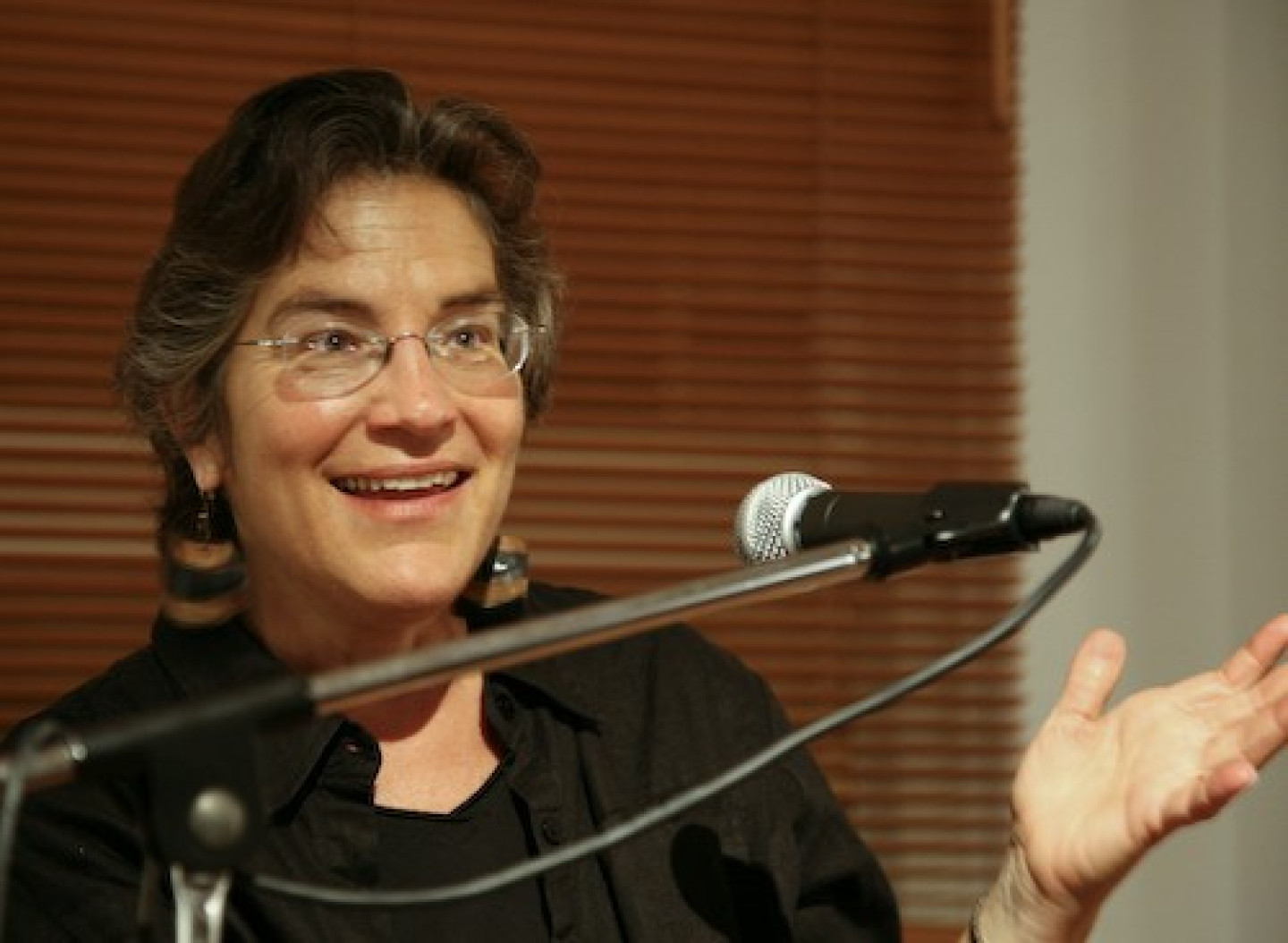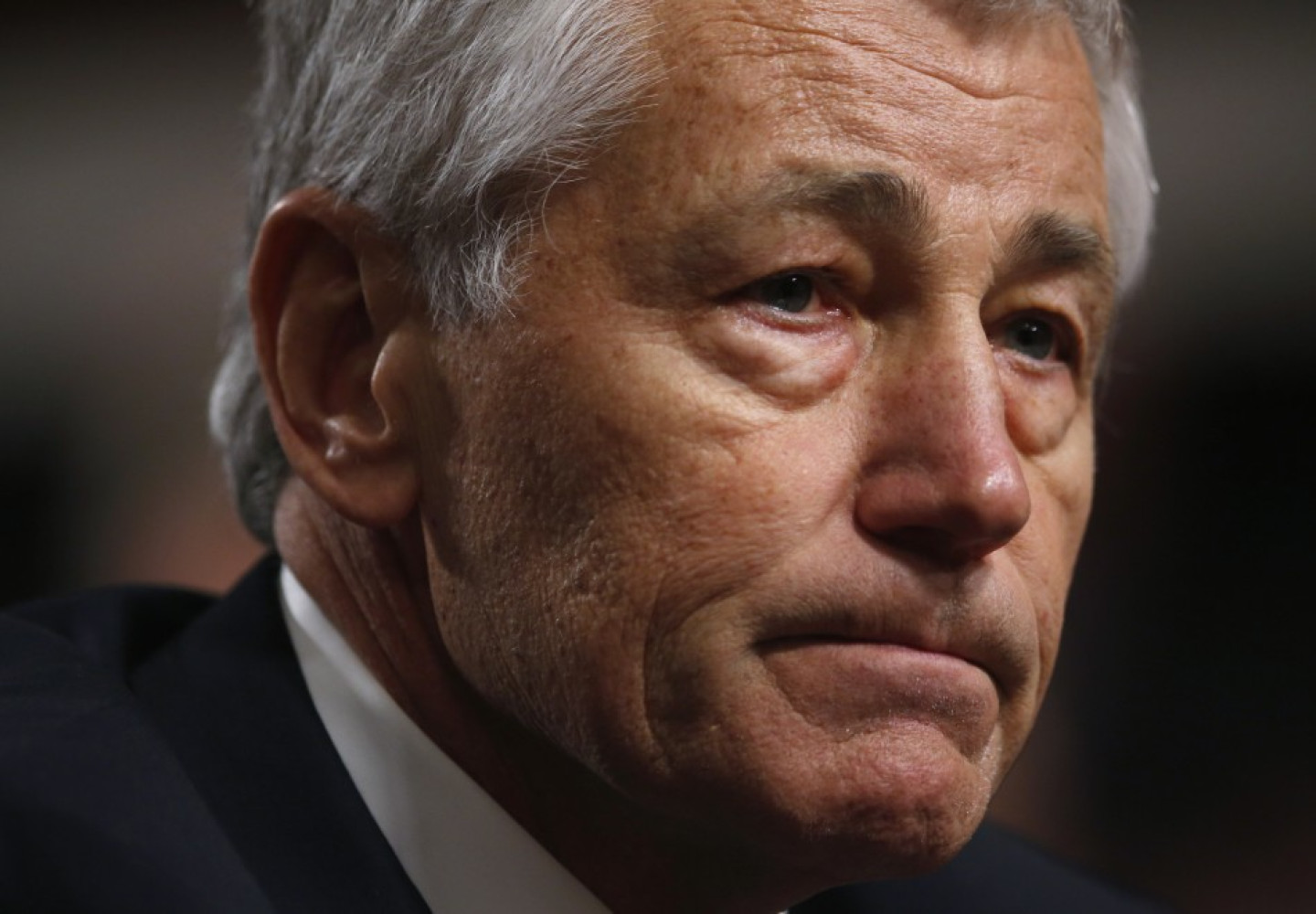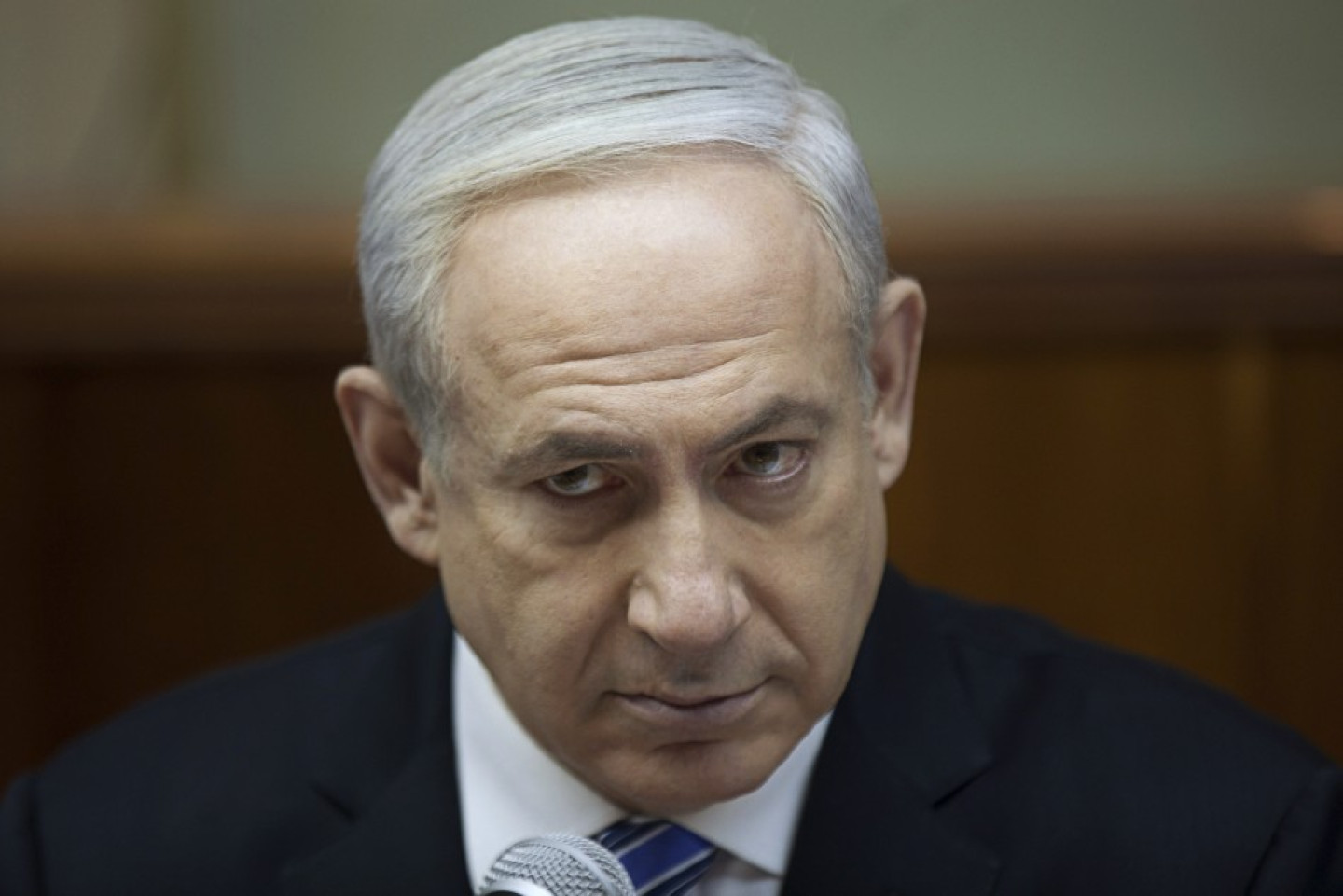US Policy and Israel: Americans Shifting Opinion?

Phyllis Bennis, prominent US writer on the Israeli-Palestinian conflict, has followed a personal arc that reflects what she calls "a shift on discourse" among Americans on Washington's policy towards Israel.
Raised as a Jewish woman in California and an active Zionist, Bennis underwent an "undramatic and very intellectual" transformation to become special adviser to top-level UN officials on Middle East issues and relentless internationalist. In 2001 she helped found the US Campaign to End Israeli Occupation, which now comprises more than 400 organisations.
She explains to IBTimes UK why US public opinion has slowly started moving towards a critical approach to Israel.
A victory of the status quo
Recent Israeli elections that saw a surprise second position for the centrist Yesh Atid party were nothing but a victory of the status quo which had nothing to do with Israel's occupation of Palestinian territories, according to Bennis.
A fellow of the Institute for Policy Studies in Washington and the Transnational Institute in Amsterdam, Bennis told IBTimes UK that the elections were waged on issues around social questions such as social equality and recruitment of ultra-Orthodox Jews in the army.
"There seems not to be a significant divide between rich and poor on whether to maintain the occupation. It is a given that it should be continued," she said. The success of Yair Lapid, leader of the new centrist party, reflected protests that erupted in summer of 2012 in Tel Aviv, she said.
As the organisers claimed, the rallies did not include demands over the occupation because "that would divide the left". Lapid himself made it clear that the Palestinian issue "was not high on his agenda".
The biggest challenge faced by Prime Minister Bibi Netanyahu on President Obama's visit to Israel and the West Bank will be "how to get him from Jerusalem to Ramallah without him seeing the wall" between the Jewish state and the Occupied Territories. "They will think 'how do we get him not to see the wall? Could we get him a helicopter? Look that way, Mr President'" Bennis joked.
A shift on discourse

But Bennis, who has been active for years in the US and in the global peace and Palestinian rights movement, said that something had changed over the last 10 years in Americans' perception of the Middle East problem. The most dramatic sign of a shift occurred around Operation Cast Lead on Gaza in 2008, she explained.
"Israel tried to keep foreign journalists out but Al Jazeera had journalists living there and all the pictures and reports poured out," she said. "It had a huge impact."
Another indicator was the recent appointment of Chuck Hagel as defence secretary. Critics have been agitating against Hagel for weeks. As a senator, Hagel declined to sign many of the letters of support for Israel distributed by influential lobby groups. On one occasion he said: "The Jewish lobby intimidates a lot of people."
The Israeli lobby accused Hagel of not being pro-Israel enough and some said he was anti-Semitic. But the fact that Obama went ahead with the nomination "means he's not afraid of the Israeli lobby or the neocon sectors" said Bennis.
Even traditional pro-Israeli newspapers such as the Washington Post came against the attacks on Hagel, with veteran columnist Walter Pincus writing pieces on why US aid to Israel had to be reconsidered.
A huge step forward
Bennis also explained why the recent UN report on Israeli settlements was "a huge step forward".
"The finding about settlements and the fact that they deemed it as an ongoing violation is key because it goes directly to the applicability of the Rome Treaty," she said. "It also calls on Israel to stop settlement activity but goes further and says that the settlers must be removed - no one has ever said that before."
The most egregious violations of humanitarian and international law concern the denial of the right to self-determination and systemic discrimination against the Palestinian people, according to the report.
"How a right is implemented is thoroughly negotiable," she said. "But rights are not negotiable. Recognition of the right has to come first and then you can negotiate how it can be implemented."
From Zionism to internationalism

"I grew up a very active Zionist and was an active member of our Zionist Youth," she said. "But when I went to college between 1968 and 1972 it was the biggest and most active years of the anti-war movement around Vietnam. I was pulled into that - I stopped thinking about Israel and instead focused on studying imperialism and colonialism."
When the collective euphoria of the hippie movement was over, Bennis started reconsidering her position on Israel.
"I went back to my father's library and read the correspondence between Herzl and Cecil Rhodes where Herzl says 'We are both colonialists'. This went against everything I had been taught.
"It didn't mean I knew everything about Palestine but it pushed me to question and rethink everything."
As a Jewish woman, she understands concerns among Israeli security officers over the country's occupation of the West Bank.
"They know the occupation antagonises not only the region but the world and that the occupation makes Israelis less safe, not more."
© Copyright IBTimes 2025. All rights reserved.






















